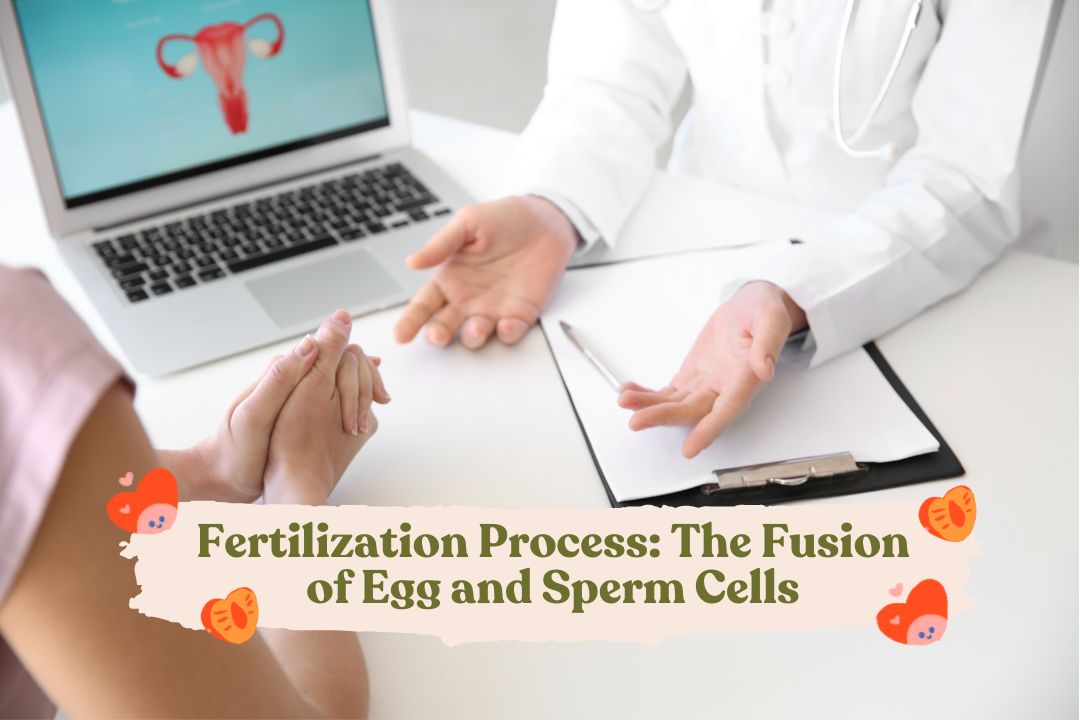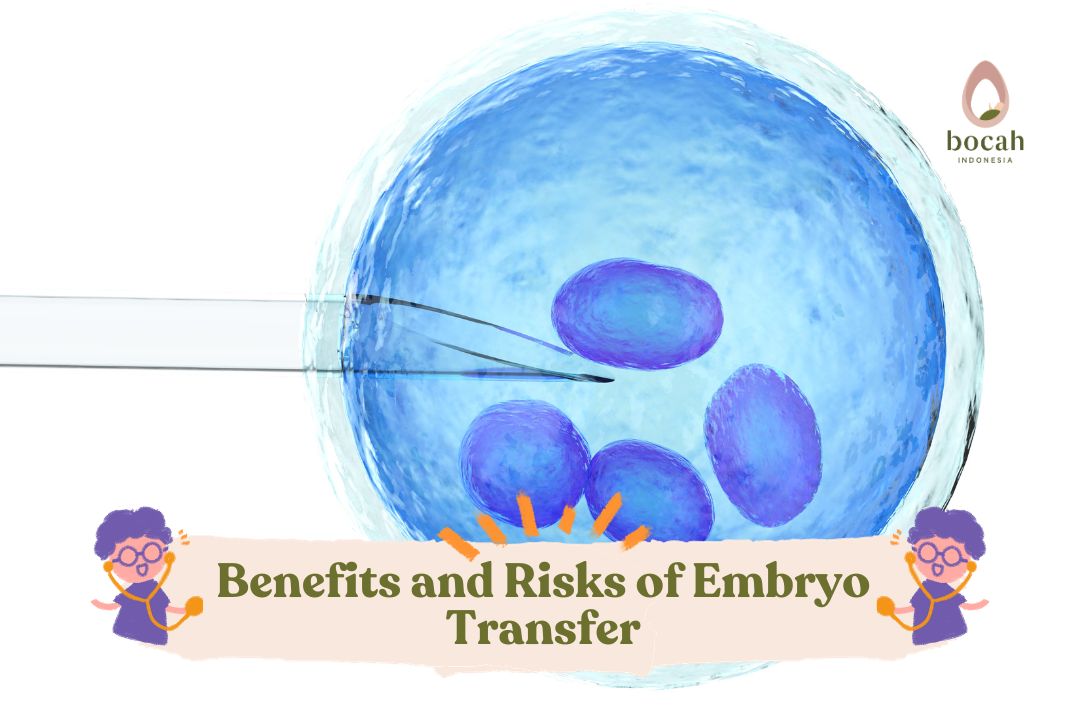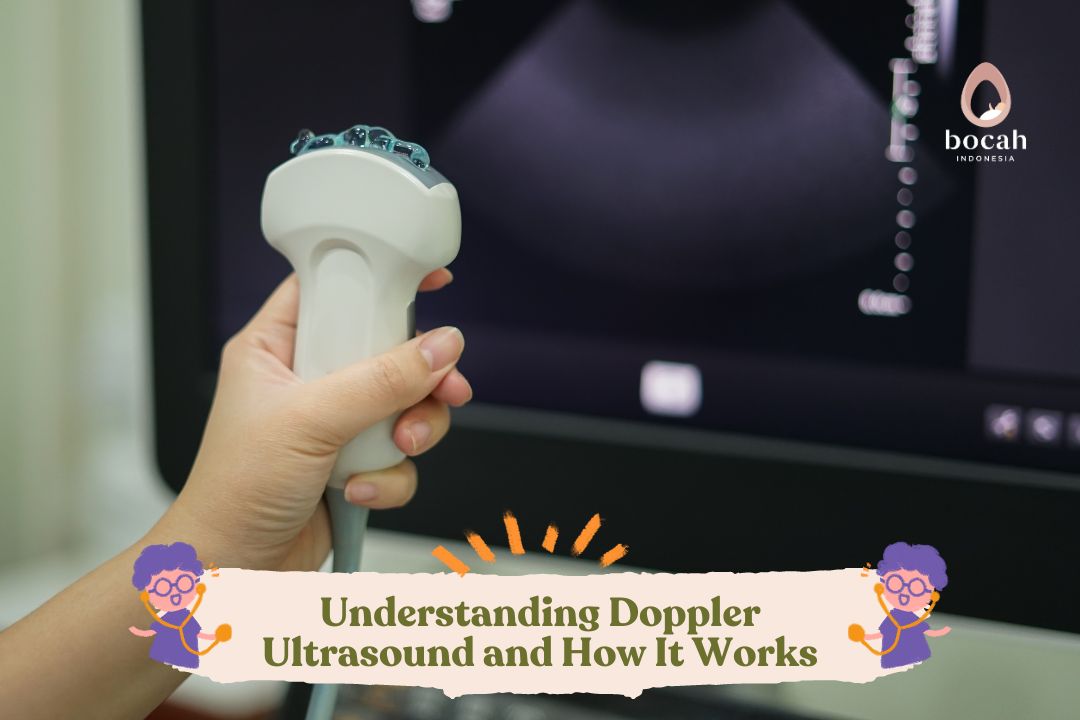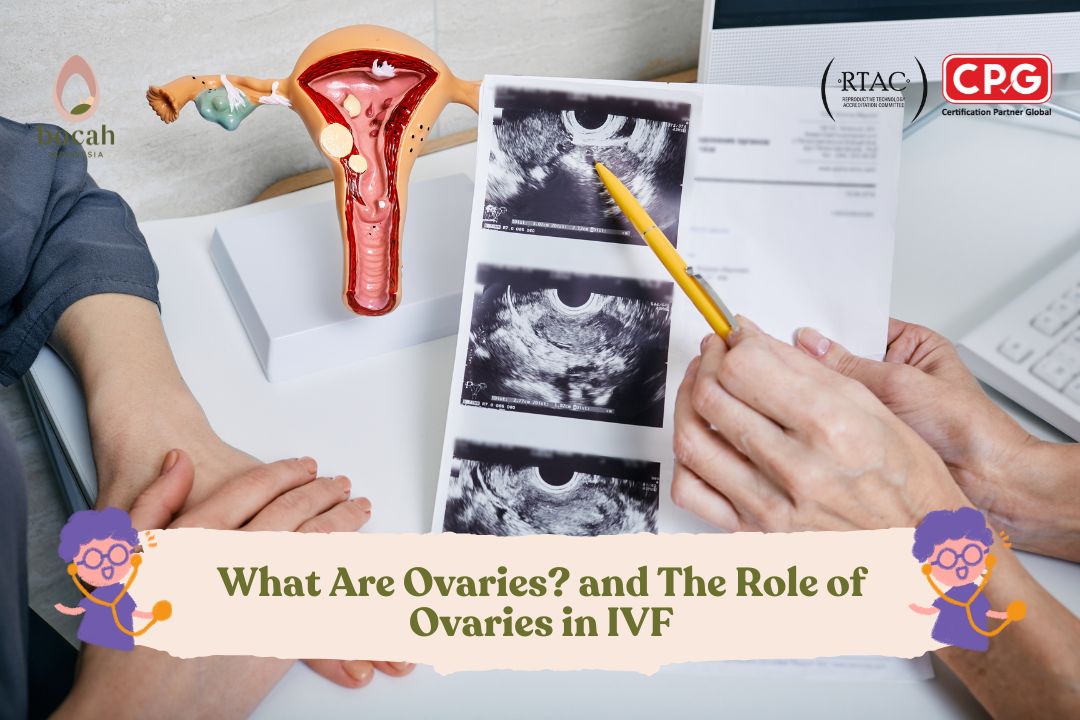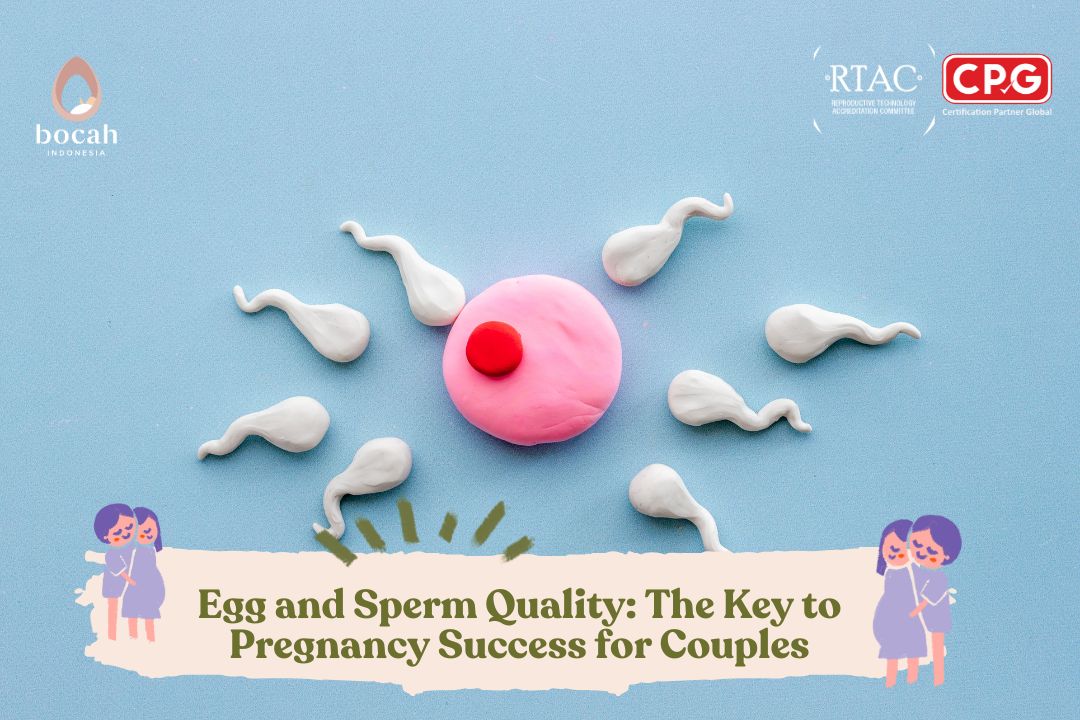Karyomapping: What and How?

Karyomapping is a type of preimplantation genetic testing (PGT) that can quickly examine specific genetic abnormalities in embryos. Preimplantation genetic testing with Karyomapping is an advanced technique that can detect specific genetic abnormalities in embryos. This allows embryos free from certain genetic abnormalities to be selected for transfer in an IVF program, thus preventing these conditions from being passed on to future children.
Preimplantation Genetic Testing and Karyomapping
Preimplantation genetic testing, developed in the late 1980s as part of in vitro fertilization (IVF) programs, aims to detect specific genetic abnormalities in embryos. This is done to increase the success rate of healthy live births from IVF programs. However, this test is limited because it can only detect 2 percent of known genetic abnormalities.
Advances in medical technology have given rise to a new genetic test, Karyomapping, which can detect specific genetic abnormalities in embryos with 95-98 percent accuracy. Through this test, couples undergoing IVF can prevent the genetic abnormalities they carry from being passed on to their future offspring.
Karyomapping, or PGT-M (Preimplantation Genetic Testing for Monogenic Diseases), examines approximately 300,000 single nucleotide polymorphisms (SNPs), which are changes in the basic components of human DNA. This means that almost all diseases caused by abnormalities in a single gene can be detected.
Each nucleotide is represented by the letters A, T, C, and G. When arranged correctly, these nucleotides form sequences that determine the order of the 20 amino acids that make up proteins. Occasionally, an error occurs in a certain sequence, and one letter is replaced by another, much like a “typo” on a computer. Karyomapping allows us to detect these errors in the gene.
Tanya Mincah tentang Promil?
Once the disease locus (the area of the gene that has mutated) for a genetic disorder is identified, a comparison is made between the “fingerprint” DNA of the parents or relatives who carry the genetic disorder mutation and the DNA of the embryo. If a match is found, it can be concluded that the embryo also carries the mutation and is likely affected or will become a carrier of the mutated gene, even if it does not exhibit symptoms (carrier).
On the other hand, if the mutated DNA segment from the parents is not found in the embryo’s DNA, it can be concluded that the embryo is not affected and is likely not carrying the disease-causing gene. Thus, the embryo becomes a good candidate for transfer.
Who is Suitable for Karyomapping?
Karyomapping is typically recommended for couples with known hereditary diseases and identified genetic mutations that cause issues. These couples are at high risk of passing monogenic diseases to their offspring. Monogenic diseases are caused by mutations in a single gene, and their inheritance patterns can be recessive, dominant, or sex-linked.

In general, Karyomapping is indicated for couples who:
- Have a family history of monogenic diseases.
- Where one or both partners are carriers of a disease.
- Have had a child from a previous pregnancy with a known genetic disorder.
- Have experienced miscarriages, especially recurrent ones, in previous pregnancies.
- Have repeatedly failed IVF programs.
Here are some common genetic diseases that can be detected through Karyomapping:
- Cystic fibrosis: A disorder that causes mucus in the body to become thick and sticky.
- Spinal muscular atrophy (SMA): A disease that affects nerves and causes muscles to become very weak.
- Metabolic disorders: Such as neonatal diabetes and familial hyperlipidemia.
- Neurofibromatosis: The growth of tumors in nerve tissue.
- Huntington’s disease: Causes degeneration of brain nerve cells, marked by unstable and uncontrollable movements (chorea) in the hands, feet, and face.
- Marfan syndrome: Affects connective tissues such as bones, cartilage, ligaments, tendons, and fat tissue.
- Fragile X syndrome: Causes mild to moderate intellectual disability and behavioral disorders.
- Duchenne muscular dystrophy: A condition where skeletal and heart muscle functions weaken over time.
- Thalassemia: A disorder of red blood cells characterized by abnormal hemoglobin production.
- Hereditary breast or ovarian cancer: Associated with mutations in the BRCA1/BRCA2 genes.
In addition to monogenic diseases, Karyomapping can also detect aneuploidy in embryos, which is a genetic abnormality where the total number of chromosomes is not 46. The most common examples of aneuploidy are Down syndrome (trisomy 21, leading to 47 chromosomes), Patau syndrome (trisomy 13), and Edwards syndrome (trisomy 18). Testing for this is usually included in PGT-A (Preimplantation Genetic Testing for Aneuploidy).
Through these methods, only embryos with normal genetic numbers and structures will be selected for transfer. This reduces the risk of IVF failure and increases the chances of giving birth to healthy offspring.
What Makes Karyomapping Different?
Until now, preimplantation genetic testing has been done by examining the inheritance patterns of short tandem repeats (STRs) located near the disease locus. Each STR test for genetic disorders has to be developed individually (tailor-made) for each couple requesting the test and for each genetic disorder. Consequently, this examination takes weeks to months and must be performed by highly skilled specialists. This means high costs and often long waiting times before the IVF program can proceed. The examination and validation of each STR marker usually take 3 to 6 months.
Meanwhile, Karyomapping allows the detection of various single gene mutations in human DNA in a very short time. Test results can be obtained in less than a month, within a range of 2-4 weeks. This means that couples can proceed with the IVF procedure more quickly.
Karyomapping Procedure
The Karyomapping procedure begins with an initial assessment by the doctor to identify whether the couple is a suitable candidate for this test. The assessment includes an in-depth medical interview where the family history is carefully traced to determine whether any genetic disorders have been inherited. The time required at this stage depends on how much genetic information is already available. Couples are advised to come prepared with as much information as possible during this initial visit, including test results and family history.
If the couple is a suitable candidate for Karyomapping, the next step is DNA sample collection. DNA samples can be taken from saliva or blood. Samples are taken from both partners and selected family members/relatives known to carry or have a particular genetic disorder.
The next step is to examine the genetic material in the laboratory to find unique features (DNA fingerprint) of the chromosomes from the parents or selected family members/relatives. The embryos, produced through the IVF program, are then tested to determine the presence of this mutated gene.
If the DNA fingerprint of the chromosome carrying the defective gene is not detected in the embryo, it can be concluded that the embryo has inherited a normal gene copy and is therefore likely free of the disorder.
While the test is being conducted, the embryos are frozen and stored in a state of stasis. Once it is confirmed that the embryo does not have a genetic defect, the embryo is ready to be transferred into the mother’s womb.
Conclusion
Like all tests involving embryo analysis, Karyomapping should be considered a method to reduce the risk of giving birth to a baby with genetic disorders, not to eliminate it entirely. Karyomapping still cannot completely eliminate the possibility of genetic defects. New gene mutations that are not present in the parents but occur in the developing embryo cannot be detected through Karyomapping. Additionally, Karyomapping is also not useful for certain disorders that, although they appear to be genetically caused based on family history, the exact gene is unknown.
Sumber:
- American College of Obstetricians and Gynecologists. Preimplantation genetic testing. ACOG committee opinion, (799).
- American Society for Reproductive Medicine. [Revised 2014]. Preimplantation genetic testing. URL: https://www.reproductivefacts.org/news-and-publications/patient-fact-sheets-and-booklets/documents/fact-sheets-and-info-booklets/preimplantation-genetic-testing/.
- Gould RL, Griffin DK. Karyomapping and how is it improving preimplantation genetics?. Expert Review of Molecular Diagnostics. 2017 Jun 3;17(6):611-21.


